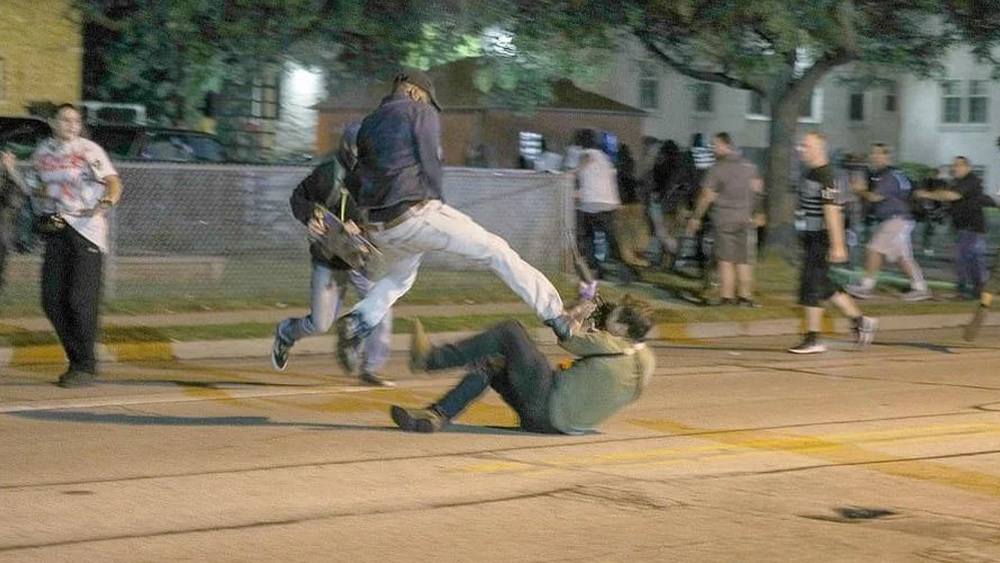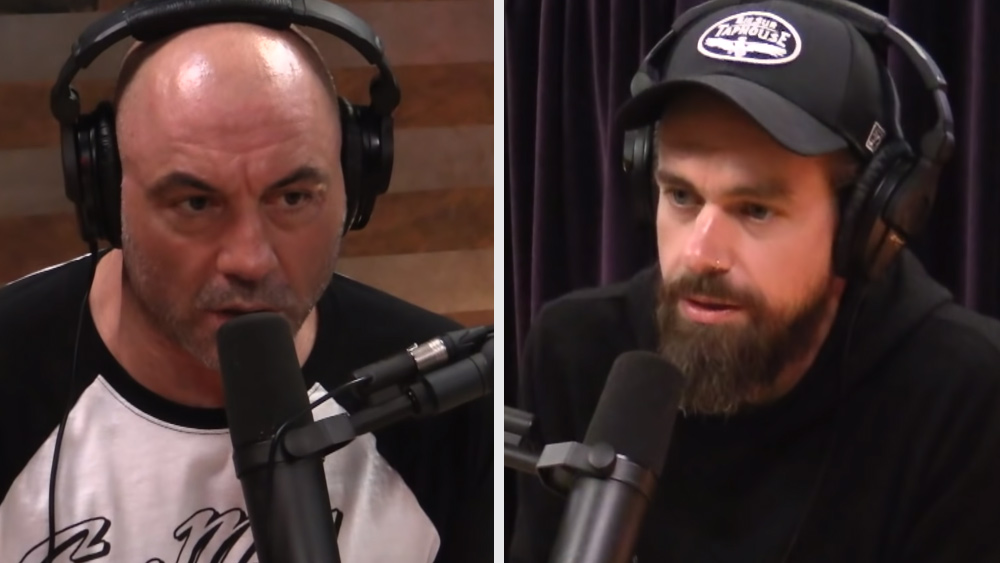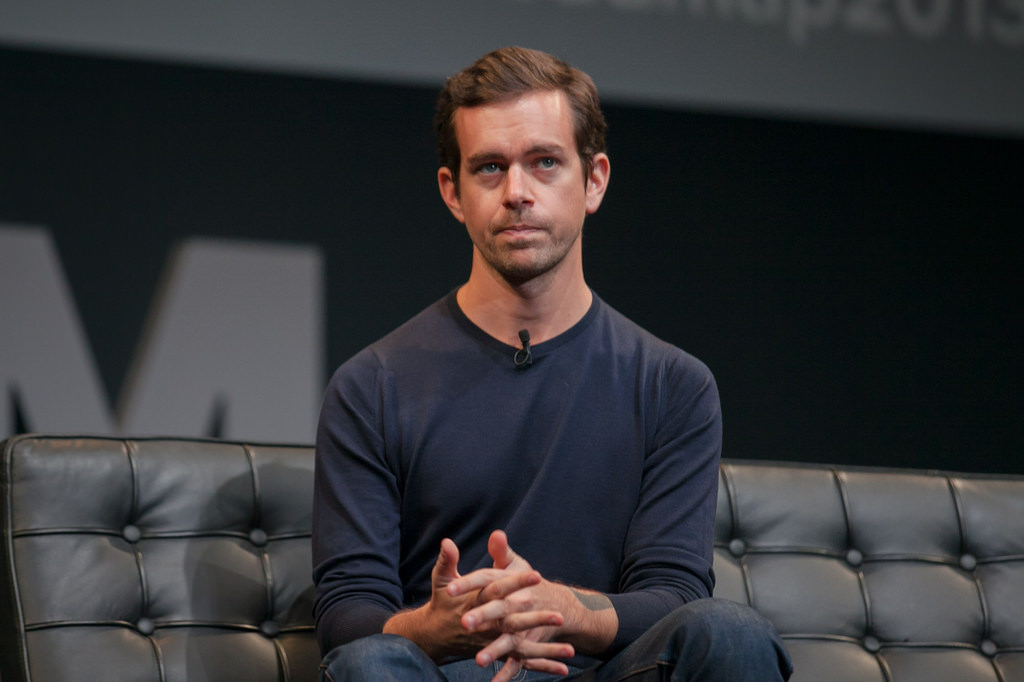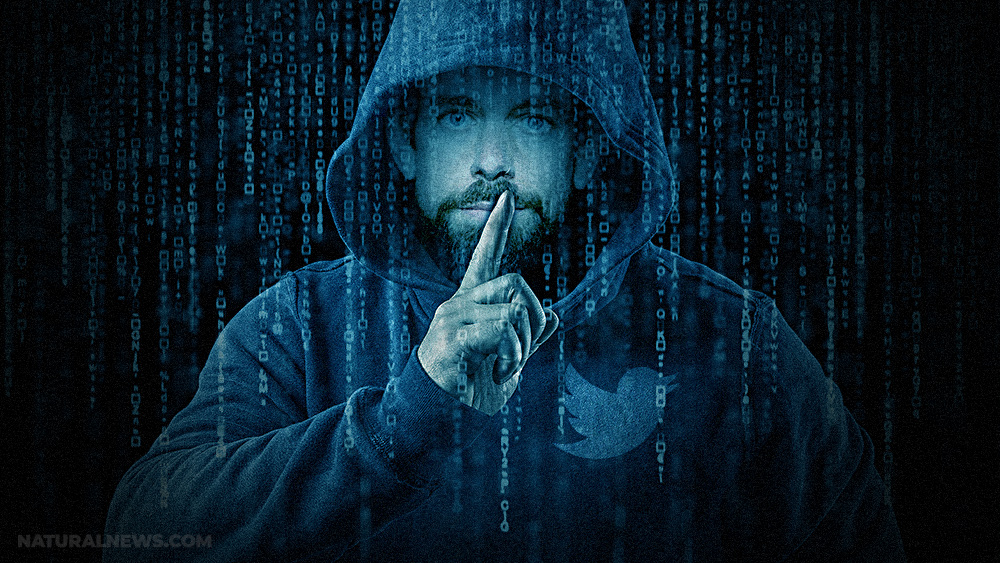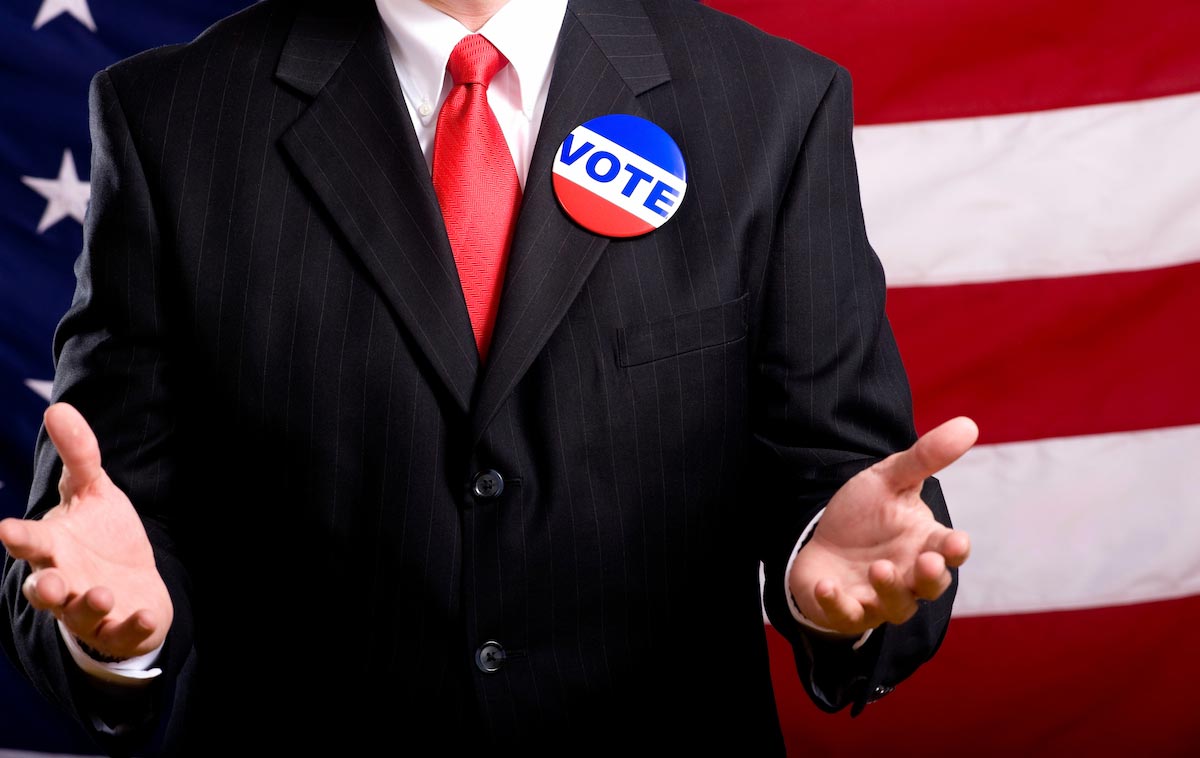Tesla “full self-driving” rip-off car exposed by Consumer Reports
09/08/2020 / By Ethan Huff
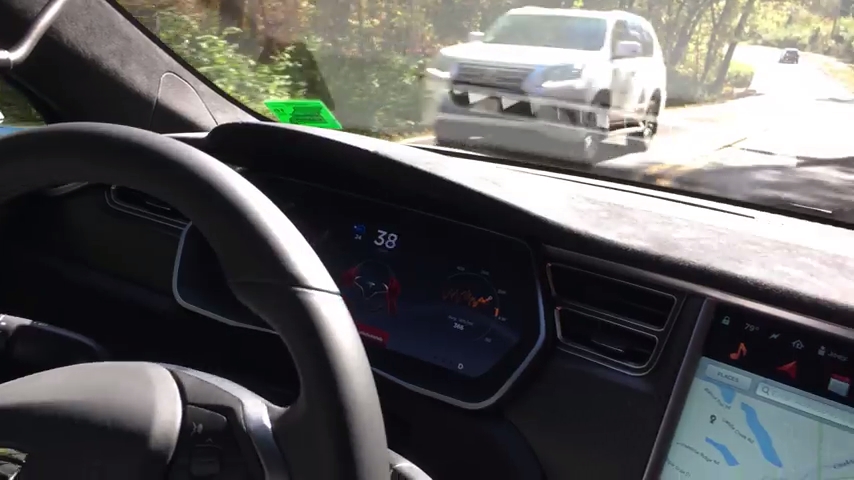
If you are in the market *for a new vehicle equipped with all the latest bells and whistles, beware of the Tesla deception.
The Elon Musk-owned car manufacturer is peddling a newfangled “Full Self-Driving Capability” option that costs a cool $8,000 per vehicle, but that, according to the experts at Consumer Reports, is basically a scam.
While admittedly still in the “beta” phase of its rollout, Tesla’s full self-driving technology is flawed, at best. At worst, it might land you in a ditch or T-boned into another vehicle.
Whether it involves self-parking in a lot or auto-changing lanes on the highway, Tesla’s latest technological claim to fame is a glitchy mess that cannot be trusted to get a driver safely from point A to B.
If you are familiar with Consumer Reports, then you already know that its team of product testers is top-notch. And their evaluation of Tesla’s full self-driving technology is no exception, revealing serious problems with Musk’s product claims.
“Despite the name, the Full Self-Driving Capability suite requires significant driver attention to ensure that these developing-technology features don’t introduce new safety risks to the driver, or other vehicles out on the road,” says Jake Fisher, senior director of auto testing at Consumer Reports.
“Not only that, in our evaluations we determined that several of the features don’t provide much in the way of real benefits to customers, despite the extremely high purchase price.”
Tesla refuses to answer any questions from Consumer Reports, demonstrating its arrogance
When Consumer Reports tried to contact Tesla with questions about its findings, the company reportedly did not respond “to repeated requests for comment.” In other words, Tesla is too good for Consumer Reports, even though the latter represents the “gold standard” of product testing.
After spending extensive time evaluating every aspect of Tesla’s new $8,000 software “feature,” here is what Consumer Reports found in a nutshell: Almost none of the “self-driving” features boasted about by Tesla actually work, and many put but the driver and others on the road at risk of injury or death.
Take the “Autopark” feature, as one example. Rather than correctly identify open spaces suitable for parking, the Tesla add-on often ignored open spaces while incorrectly parking in others.
The so-called “Smart Summon” feature, which is supposed to auto-drive a Tesla vehicle to another location within the same private parking lot, also failed in repeated tests to even stay on the correct side of the road. It also blew through stop signs like they were not even there.
Even scarier is Tesla’s “Navigate on Autopilot” feature, which claims to be able to know, using some type of artificial intelligence (AI) combined with sensors technology, where highway onramps and offramps are. Not only did the system fail in tests to properly identify where these were, but it also haphazardly veered into either the carpool lane or the passing lane.
Similarly, the “Traffic Light and Stop Sign Control” feature basically did not work, sending Tesla vehicles straight through stop signs and potentially into other vehicles. Tesla cars also randomly stopped at green traffic lights, the testers revealed, since the system apparently does not know the color of a traffic light as it approaches.
There is so much more that Consumer Reports uncovered about Tesla’s full self-driving technology that you will want to review in-depth. But suffice it to say that, should you decide to purchase it with your new Tesla vehicle, you will essentially be spending $8,000 to possibly die while also potentially killing others along the way.
For more related news about the massive deception known as Tesla, be sure to check out Deception.news.
Sources for this article include:
Tagged Under: consumer reports, dangerous tech, deception, Elon Musk, Full Self-Driving, Rip Off, scam, tesla
RECENT NEWS & ARTICLES
COPYRIGHT © 2017 BigTech.news
All content posted on this site is protected under Free Speech. BigTech.news is not responsible for content written by contributing authors. The information on this site is provided for educational and entertainment purposes only. It is not intended as a substitute for professional advice of any kind. BigTech.news assumes no responsibility for the use or misuse of this material. All trademarks, registered trademarks and service marks mentioned on this site are the property of their respective owners.




